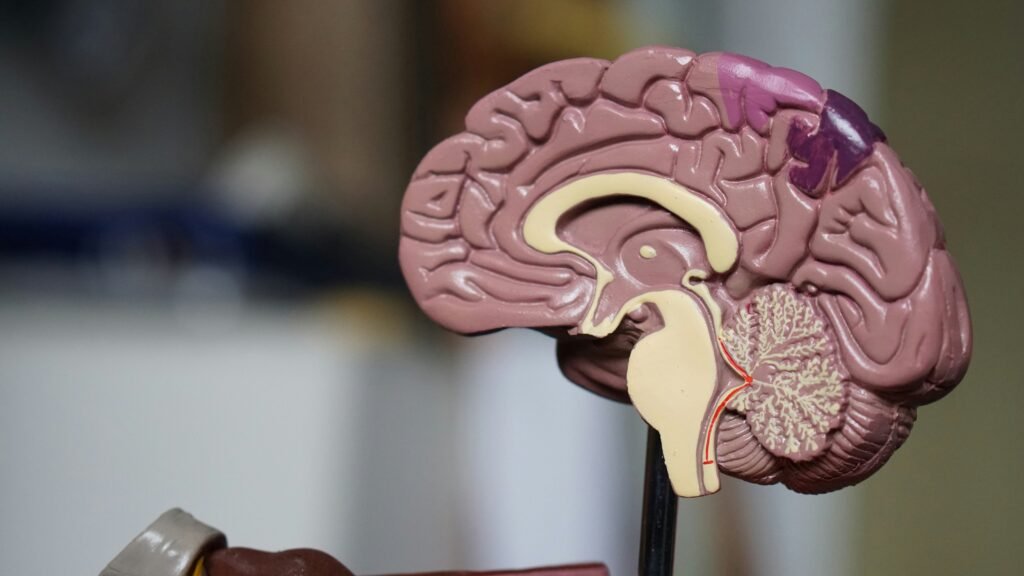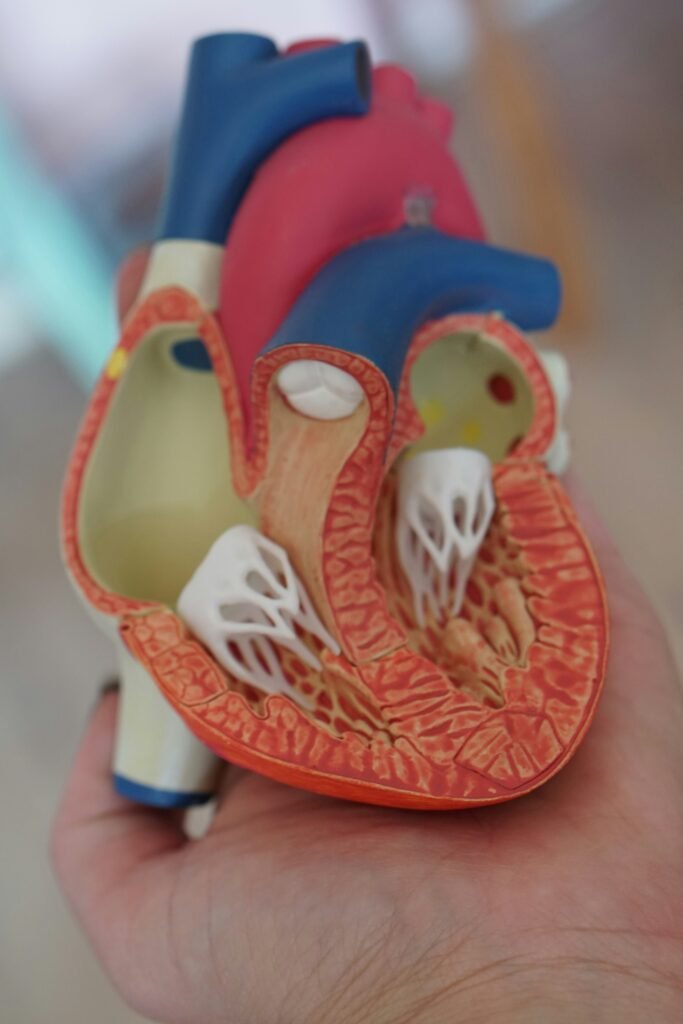In this article, we will explore the differences between a health care power of attorney and a durable power of attorney. Both types of powers of attorney are essential legal documents that allow you to designate someone else to make decisions on your behalf. However, they serve different purposes and have distinct scopes. By understanding these differences, you can ensure that you choose the right type of power of attorney to meet your specific needs and wishes. So, let’s dive in and discover how a health care power of attorney differs from a durable power of attorney.

Read More Information at Health Joy
Definition and Purpose
Health Care Power of Attorney
A Health Care Power of Attorney is a legal document that allows you to designate someone, known as your agent or proxy, to make medical decisions on your behalf in the event that you become unable to do so yourself. This includes decisions about your medical treatment, as well as the administration of pain relief, end-of-life care, and other medical interventions. The purpose of a Health Care Power of Attorney is to ensure that your wishes and preferences regarding your healthcare are respected, even if you are unable to communicate them at the time.
Durable Power of Attorney
On the other hand, a Durable Power of Attorney is a legal document that grants someone the authority to handle your financial and legal affairs. This person, known as your attorney-in-fact or agent, can manage your finances, pay bills, make investments, and handle legal matters on your behalf if you are unable to do so yourself. Unlike a regular Power of Attorney, which becomes invalid if you become incapacitated, a Durable Power of Attorney remains in effect even if you are unable to make decisions due to physical or mental incapacity.
Scope of Authority
Health Care Power of Attorney
When it comes to a Health Care Power of Attorney, the scope of authority is limited to making healthcare-related decisions. This can include decisions related to medical treatments, surgeries, hospitalization, medication administration, and end-of-life care. Your designated agent will have the authority to communicate with healthcare providers, access your medical records, and advocate for your medical needs. However, they are obligated to follow any instructions, preferences, or wishes that you have outlined in the document.
Durable Power of Attorney
In contrast, a Durable Power of Attorney covers a broader range of decision-making areas. The agent named in a Durable Power of Attorney has the authority to handle your financial and legal matters. This can include managing your bank accounts, paying bills, dealing with insurance companies, filing taxes, buying or selling property, and representing you in legal proceedings. The scope of authority can be customized based on your preferences and needs, allowing you to grant specific powers or limitations to your attorney-in-fact.

Read More Information at Health Joy
Decision-Making
Health Care Power of Attorney
With a Health Care Power of Attorney, your designated agent is responsible for making decisions regarding your medical treatment and care. They are obligated to act in your best interest and make decisions that align with your values, beliefs, and preferences. Ideally, you should choose someone who knows you well, understands your wishes, and is willing to advocate for your medical needs. It’s important to have open and honest conversations with your agent about your healthcare preferences, so they can make informed decisions on your behalf.
Durable Power of Attorney
In the case of a Durable Power of Attorney, the agent’s decision-making is centered around your financial and legal affairs. They are responsible for acting in your best interest and managing your assets and legal matters as you would if you were able to do so yourself. It is crucial to choose an attorney-in-fact who is trustworthy, financially responsible, and capable of handling complex financial and legal matters. You can also specify any limitations or conditions on their decision-making authority in the document.
Termination of Authority
Health Care Power of Attorney
The authority granted to your health care agent under a Health Care Power of Attorney terminates upon your death or if you revoke the document while you are still capable of making decisions. It is important to regularly review and update your Health Care Power of Attorney to ensure that it reflects your current wishes and preferences. You can also appoint a successor agent in case your primary agent is unable or unwilling to fulfill their responsibilities.
Durable Power of Attorney
The authority of your attorney-in-fact under a Durable Power of Attorney can be terminated in several ways. Firstly, it can be terminated by your death, revocation of the document, or if a court determines that the agent is no longer capable of fulfilling their duties. Secondly, you can specify an expiration date in the document itself. Lastly, the authority can also be terminated if you regain the ability to make decisions for yourself and revoke the Durable Power of Attorney.

Applicability
Health Care Power of Attorney
A Health Care Power of Attorney is applicable in situations where you are unable to make medical decisions due to physical or mental incapacitation. This can occur as a result of illness, injury, or advanced age. It is important to have a Health Care Power of Attorney in place before such circumstances arise, as it can provide peace of mind knowing that someone you trust will be able to make decisions on your behalf.
Durable Power of Attorney
Similarly, a Durable Power of Attorney is applicable in situations where you are unable to manage your financial and legal affairs. This can be due to physical or mental incapacity, or simply because you are unavailable or incapacitated for a period of time. Having a Durable Power of Attorney allows for a smooth transition of decision-making authority and ensures that your financial and legal matters are handled efficiently and according to your wishes.
Legal Requirements
Health Care Power of Attorney
The legal requirements for a Health Care Power of Attorney may vary depending on the jurisdiction, but generally, it must be in writing, signed by you (the principal), and witnessed by two adults who are not your healthcare providers or potential agents. Some states may require additional formalities, such as notarization or specific language regarding life-sustaining treatments. It is advisable to consult with an attorney who specializes in elder law or estate planning to ensure that your Health Care Power of Attorney meets all the legal requirements in your jurisdiction.
Durable Power of Attorney
The legal requirements for a Durable Power of Attorney also vary by jurisdiction, but generally, it must be in writing, signed by you (the principal), and witnessed by two adults who are not your attorney-in-fact or potential agents. Some states may require notarization or the presence of a witness who is not related to you by blood or marriage. It is essential to consult with an attorney to ensure that your Durable Power of Attorney complies with the legal requirements in your jurisdiction.
Specificity and Limitations
Health Care Power of Attorney
A Health Care Power of Attorney can be as specific or as general as you desire. You can provide detailed instructions regarding your healthcare preferences, such as your stance on life-sustaining treatments, pain management, and end-of-life care. Alternatively, you can grant your agent broad authority to make decisions based on what they believe is in your best interest. It is crucial to consider your individual circumstances, values, and desires when determining the level of specificity in your Health Care Power of Attorney.
Durable Power of Attorney
Similarly, a Durable Power of Attorney can be customized to meet your specific needs and priorities. You can grant your attorney-in-fact limited powers, such as managing a specific bank account or real estate property, or you can give them broad authority to handle all of your financial and legal affairs. It is important to consider your comfort level in giving someone else control over your finances and the level of trust and confidence you have in your chosen attorney-in-fact when determining the limitations in your Durable Power of Attorney.
Medical Decision-Making
Health Care Power of Attorney
More specifically focused on healthcare decision-making, a Health Care Power of Attorney allows your designated agent to make important medical decisions on your behalf. They will consult with your healthcare providers, consider your wishes, and advocate for the best possible course of treatment. In situations where your wishes are not explicitly stated, they will use their judgment to make decisions based on what they believe you would have wanted. It is important to have open and ongoing conversations with your agent about your healthcare preferences to ensure they are better equipped to make decisions in line with your values.
Financial and Legal Decision-Making
Durable Power of Attorney
In contrast to the medical decision-making authority granted by a Health Care Power of Attorney, a Durable Power of Attorney focuses on financial and legal decision-making. Your attorney-in-fact has the power to manage your assets, pay bills, file taxes, and handle legal matters on your behalf. They will make financial decisions with your best interests in mind and ensure that your affairs are handled in a responsible and lawful manner. It is crucial to choose someone who is financially savvy, trustworthy, and capable of managing your financial and legal affairs effectively.
Complementary Nature of Documents
A Health Care Power of Attorney and a Durable Power of Attorney are often complementary documents that work together to ensure comprehensive decision-making coverage. While a Health Care Power of Attorney focuses on medical decision-making and a Durable Power of Attorney concentrates on financial and legal matters, both documents serve to protect and uphold your wishes in different areas of your life. By having both documents in place, you can have peace of mind knowing that both your healthcare and financial affairs are in capable hands if you are unable to make decisions yourself.
In conclusion, a Health Care Power of Attorney and a Durable Power of Attorney are distinct legal documents with different purposes, scopes of authority, and decision-making responsibilities. Understanding the differences between these two types of power of attorney is crucial for ensuring that you have the necessary measures in place to protect your interests and ensure that your wishes are respected in both medical and financial matters. Consulting with an attorney who specializes in estate planning can help you navigate the complexities of these documents and tailor them to your specific needs and circumstances. Remember, it’s never too early to plan for the future and take steps to ensure that you are prepared for any unexpected events that may arise.








